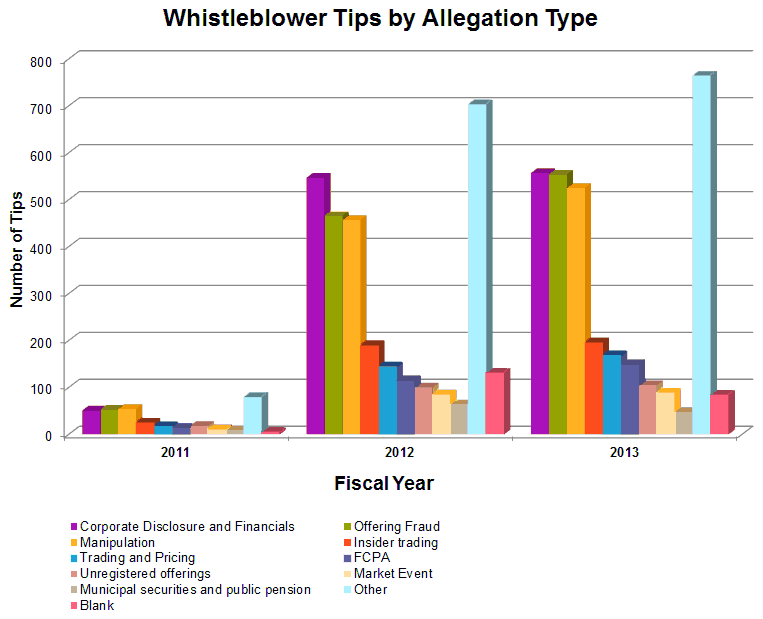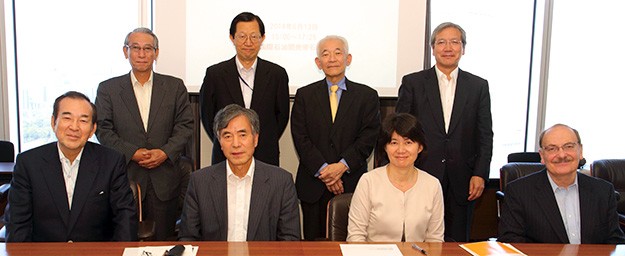Advisory firm employee leaking shareholder voting data whistleblower claims
Post on: 10 Июль, 2015 No Comment

February 12, 2012 | 5:00am
There’s a new rat on Wall Street feeding valuable information to boardrooms, a whistle-blower alleges.
According to an explosive complaint recently filed with the Securities and Exchange Commission and obtained by The Post, employees in the back alleys of Wall Street have been secretly trading valuable tips on shareholders’ votes in a bid to influence the outcome of lucrative corporate maneuvers, like mergers and executive pay plans.
Ground Zero for the improper leaks is ISS, the nation’s largest shareholder advisory firm, according to the whistle-blower.
ISS, which is owned by publicly traded data provider MSCI Inc. advises large shareholders, such as mutual funds and pension funds, on how to vote their shares, and also helps them cast their votes through an electronic platform known as ProxyExchange.
According to the complaint, a midlevel employee in ISS’s Boston office has been using his access to shareholders’ voting data to obtain cash and gifts from so-called proxy solicitation firms, which act as hired hands for companies seeking to win shareholder approval for their corporate activities, like mergers.
The alleged rat denied the allegations when reached by The Post at his office on Friday.
“I have no comment because I’m not sure what you’re talking about,” he said before getting off the phone.
“ISS has not seen a copy of a complaint, and therefore has no comment,” the firm said in an e-mailed statement.
The whistle-blower, an employee of a prominent proxy solicitation firm, made his identity known to the SEC but asked that he not be named in this story.
The complaint alleges that the alleged tipster has provided this confidential voting data to eager solicitors days and sometimes weeks ahead of the deadline, using his personal e-mail account.
An example of this data, on an upcoming meeting, was provided to The Post. It includes detailed information on upcoming votes from big shareholder institutions like Vanguard and BlackRock, both of which declined to confirm the data, citing a policy to not disclose the vote.
Proxy solicitation companies, including Georgeson, MacKenzie, D.F. King and Innisfree M&A, are hired to try to ferret out voting data. But these firms are supposed to do it through the laborious task of cold calling as well as guessing who owns what shares when they see votes cast by the custodian banks, which hold the shares.
“I have never heard of such a thing. I’m not aware of that practice at all,” said Art Crozier, co-chairman and co-founder of Innisfree.

Officials from the other firms either declined to comment or didn’t immediately return a request for comment.
Shareholders’ votes are supposed to be kept quiet, unless they decide to share them. This is especially important in the period leading up to the voting deadline, which usually coincides with a meeting of shareholders, management and the board.
“One of the basic principles is that others don’t find out how you vote unless you choose to tell them,” one hedge fund manager told The Post. “Shareholders are wary of retribution if they vote against management,” he said.
“It’s my data and my property, and I’ve been promised confidentiality around it, and it would be a violation of my contractual rights — a damaging and outrageous one,” agreed Greg Taxin of hedge fund Spotlight Advisors and former CEO of proxy advisory firm Glass Lewis, a main competitor of ISS.
Sharing the votes ahead of time allows companies worried about a controversial proposal, such as a merger or a stock plan, to better game the outcome by homing in on those who have not yet voted or who voted against management.
With this information, solicitors can more confidently instruct a busy CEO or hedge fund clients on where to apply pressure and whom to call with the sales pitch.
And the stakes can be high, especially when the vote is close.
Supermarket chain Safeway Inc. for example, narrowly escaped giving its shareholders a say on its executive pay packages when a proposal seeking to give them an advisory vote on compensation was rejected last year by less than three percentage points.














